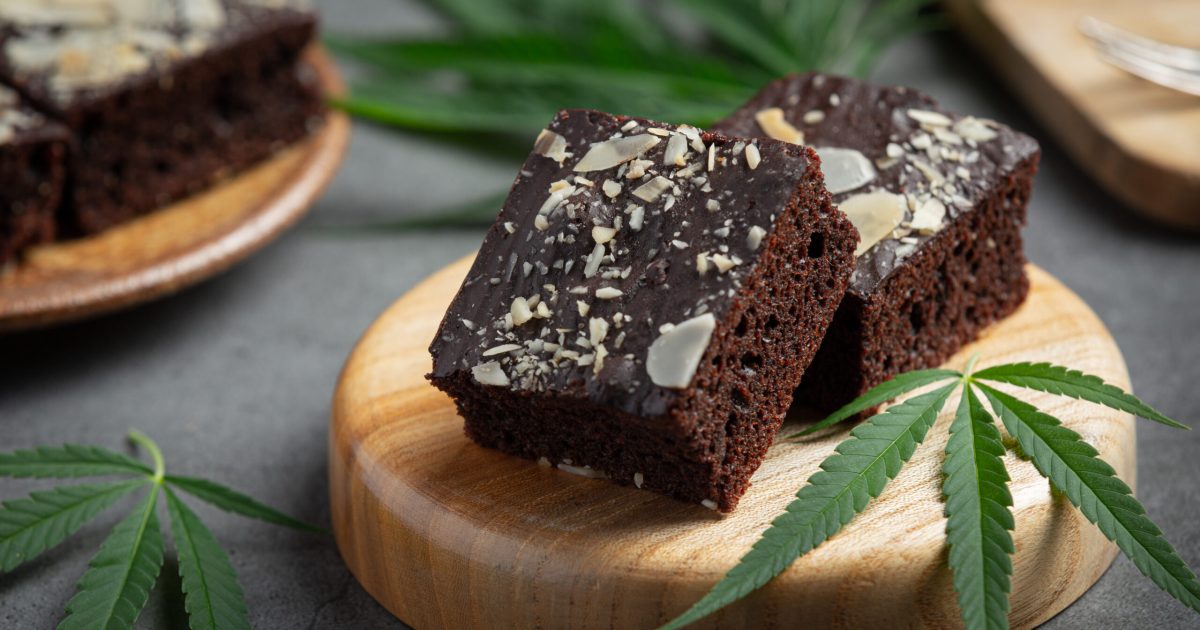Refer a friend to Mushroom Direct and you will both get $25 off your next purchase. Got lots of friends? Get euphoric rewards!
🎄FREE SHIPPING ON ALL ORDERS OVER $100 CANADA-WIDE 🎄
powerful + effective
100% natural
1-3 day shipping
Edibles, a popular form of cannabis consumption, offer a discreet and convenient way to experience the effects of THC and CBD. Unlike smoking or vaping, which deliver cannabinoids into the bloodstream almost instantly, edibles undergo a more prolonged process of absorption and metabolism. In this comprehensive guide, we’ll delve into the intricacies of edible duration, exploring factors that influence onset time, peak effects, and overall longevity.

When ingesting edibles, cannabinoids are absorbed through the gastrointestinal tract, where they undergo metabolism in the liver before entering the bloodstream. This process, known as first-pass metabolism, results in the conversion of THC into its more potent form, 11-hydroxy-THC. Factors such as individual metabolism, food composition, and liver enzyme activity can influence the rate and efficiency of cannabinoid absorption.
Unlike the rapid onset associated with smoking or vaping, the effects of edibles typically take longer to manifest. Onset time can vary significantly among individuals, ranging from 30 minutes to two hours or more. Factors such as dosage, potency, and the presence of food in the stomach can all impact the time it takes for edibles to take effect.
Once ingested, edibles can produce prolonged and potent effects compared to other consumption methods. Peak effects usually occur within two to three hours after consumption, followed by a gradual decline over the next four to twelve hours. However, individual responses may vary, with some users reporting effects lasting up to 24 hours or more.
Several factors can influence the duration of edible effects, including:
Compared to smoking or vaping, which deliver cannabinoids directly into the bloodstream through the lungs, edibles offer a slower onset and longer duration of effects. While smoking and vaping provide rapid relief for acute symptoms, edibles are preferred by many for their sustained and potent effects, making them ideal for conditions requiring long-lasting relief, such as chronic pain or insomnia.
To optimize your edible experience and manage their duration of effects, consider the following tips:
While edibles offer numerous benefits, overconsumption can lead to adverse effects such as anxiety, paranoia, and impaired coordination. It’s essential to consume edibles responsibly and be aware of your limits. If you experience discomfort or distress, remain calm, stay hydrated, and seek support if necessary. Long-term use of high-dose edibles may also pose risks to cognitive function and mental health, particularly in vulnerable populations such as adolescents and pregnant individuals.
Edibles provide a unique and versatile way to experience the therapeutic benefits of cannabis. By understanding the factors influencing their duration of effects and implementing practical strategies for managing consumption, users can enjoy a safe and satisfying edible experience. Whether seeking relief from pain, anxiety, or insomnia, edibles offer a convenient and effective solution for achieving long-lasting symptom relief. As with any cannabis product, moderation and mindfulness are key to maximizing the benefits while minimizing potential risks.
open 24/7
Order Magic Mushrooms online in Canada. Mushroom Direct makes it easy to buy Mushrooms online with our secure checkout and fast delivery.
© Mushroom Direct 2025 All Rights Reserved.
Refer a friend to Mushroom Direct and you will both get $25 off your next purchase. Got lots of friends? Get euphoric rewards!